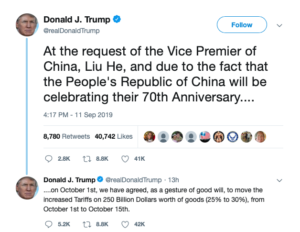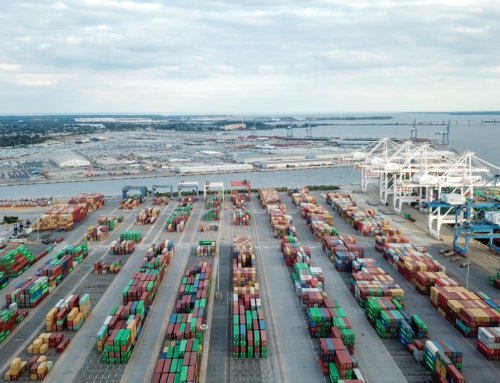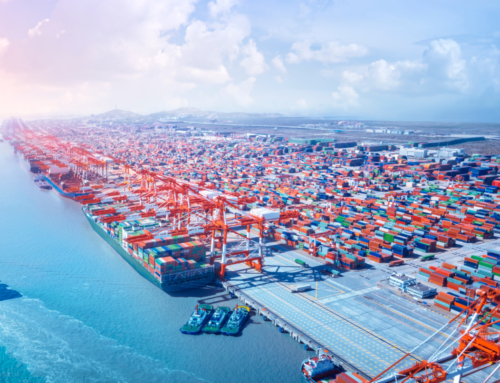On Wednesday, September 11, in a “gesture of good will,” United States President Donald Trump announced a 15-day postponement to the Section 301 tariff escalation, originally scheduled for October 1st, that will increase tariffs on $250 billion worth of Chinese imports from 25% to 30 percent. The Chinese government reciprocated, releasing 16 categories of U.S. products, estimated at $1.65 billion worth of goods, that would be exempt from the 25% effective September 17, 2019 to September 16, 2020.
 The U.S. President stated the delay came “the request of the Vice Premier of China, Liu He, and due to the fact that the People’s Republic of China will be celebrating their 70th Anniversary.”
The U.S. President stated the delay came “the request of the Vice Premier of China, Liu He, and due to the fact that the People’s Republic of China will be celebrating their 70th Anniversary.”
“…on October 1st, we have agreed, as a gesture of good will, to move the increased Tariffs on 250 Billion Dollars worth of goods (25% to 30%), from October 1st to October 15th.”
The Golden Week holiday is a week-long semi-annual anniversary celebration in China during which manufacturing laborers return home to their families, stopping almost all trade operations. For international shippers, this means ocean carriers taking advantage of the lack of cargo moving from Asia in order to implement blank sailings.
Blank sailings are when an ocean carrier instructs a vessel to skip specific ports of call, or simply cancels the sailing entirely. Blank sailings have often used by ocean carriers when demand for space starts to weaken and capacity needs to be removed from the market.
Concessions from both sides are a hopeful sign for international shippers as trade talks begin once again over the next few weeks when Chinese Vice Premier Liu He will travel to Washington D.C. to meet with U.S. Trade Representative Robert Lighthizer and Treasury Secretary Steven Mnuchin. The U.S. strategy to date has been to levy tariffs on a great portion of Chinese imports, while China’s retaliation will seek to target U.S. agriculture and manufacturing, specifically for soybeans and automobiles, during the upcoming presidential elections.
RECENT SECTION 301 ACTION
- 10% increase to 15%, effective September 1 on $300 billion worth of Chinese imports.
- 25% increase to 30% effective October 1 October 15 on $250 billion worth of Chinese imports.
TARIFF LISTS
$34 Billion Trade Action & Exclusions (List 1)
$16 Billion Trade Action & Exclusions (List 2)
$200 Billion Trade Action & Exclusions (List 3)
List 4A (Effective September 1, 2019) – Now in effect!
List 4b (Effective December 15, 2019) – USTR is still seeking comments from trade!
As Green continues to monitor the situation, stay up-to-date on freight news by following us on Facebook, Twitter, and LinkedIn. For continuous updates, make sure to check out our website at greenworldwide.com.






